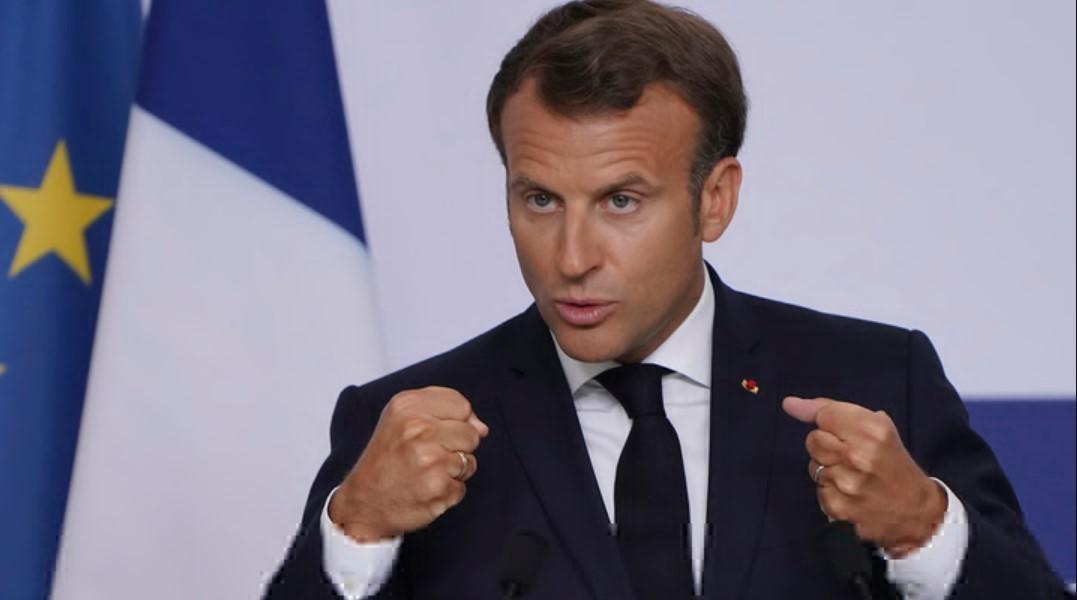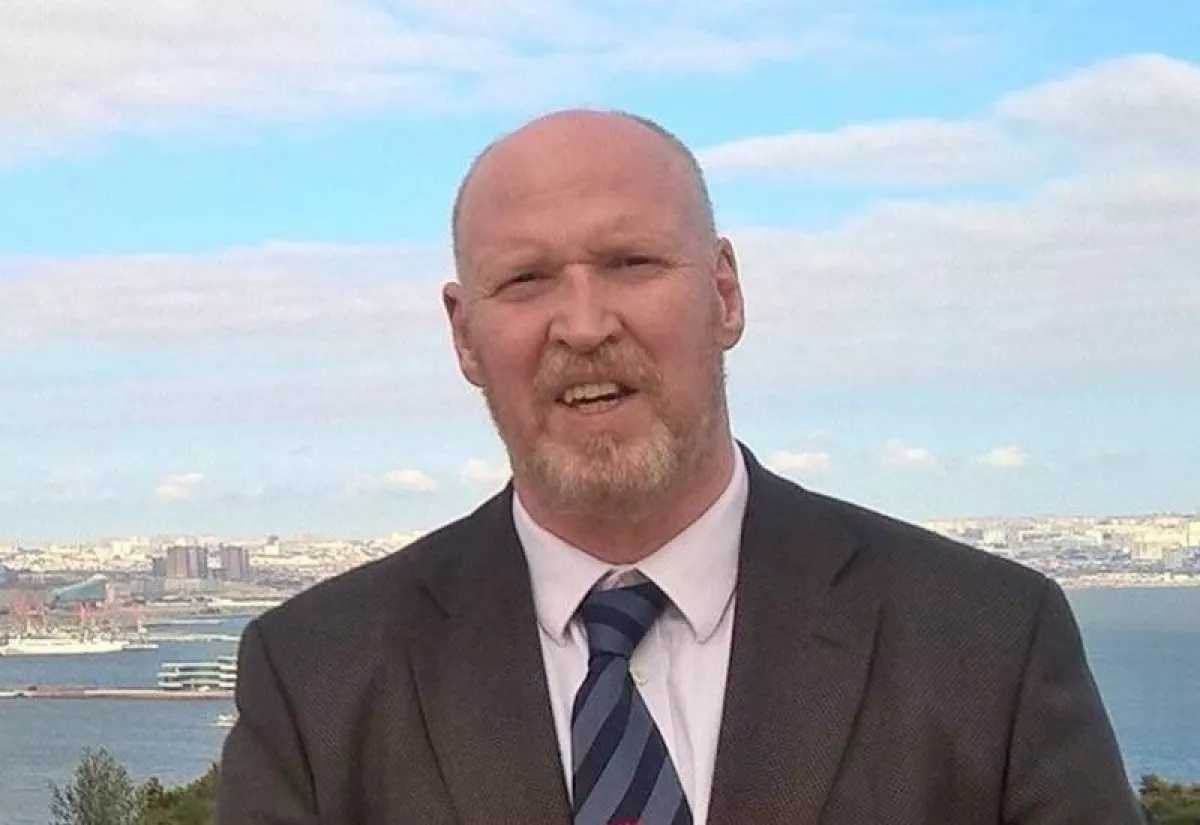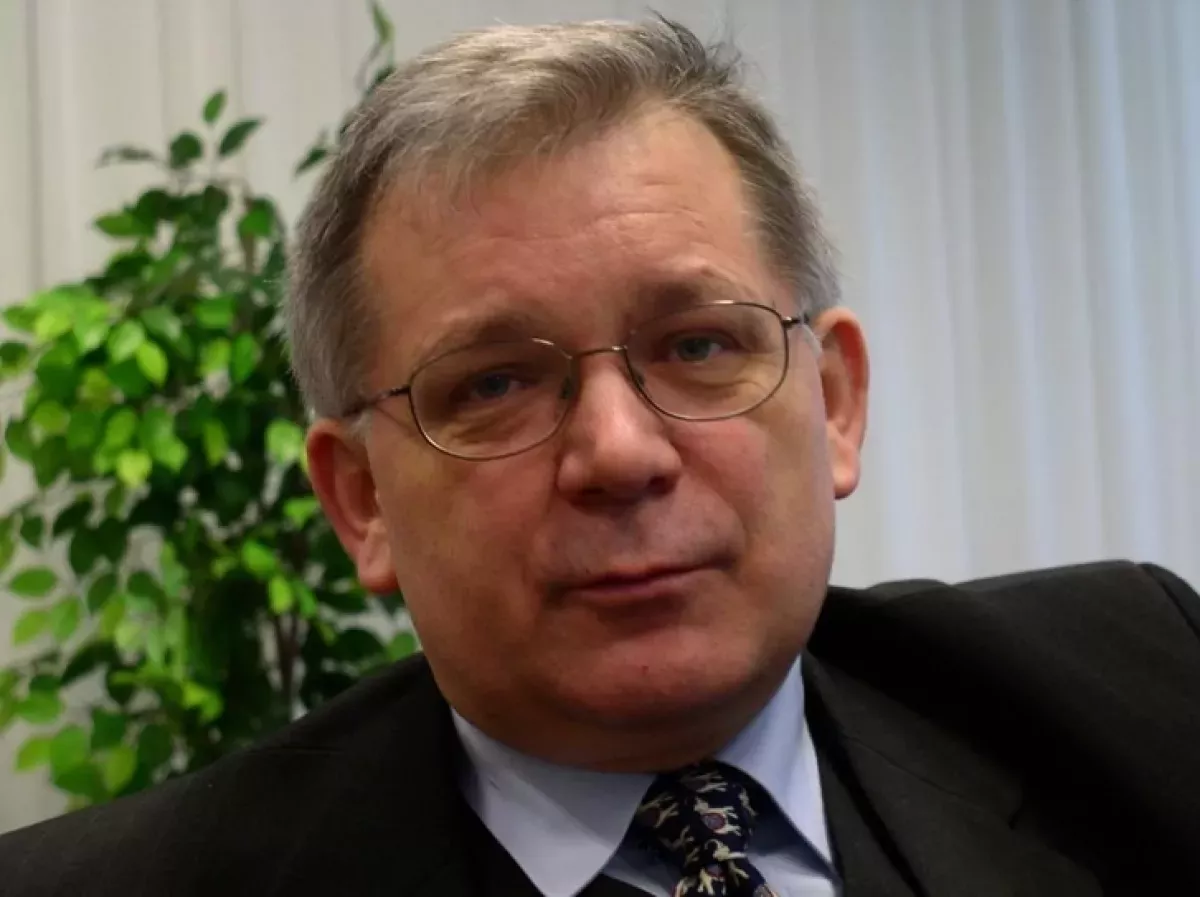Europe on alert: Could war with Russia break out in five years? Expert opinions on Caliber.Az
A large-scale military conflict could erupt in Europe by 2030, particularly linked to the Russia–Ukraine confrontation, according to France’s Strategic National Review.
“In the years to come, and by 2030, the main threat to France and Europeans is the risk of open warfare against the heart of Europe,” the document states.
France published its updated national security strategy — National Strategic Review 2025 (RNS 2025) — on July 14. It outlines increasing “hostile actions” by Russia against Europe, including “espionage” and “flyovers of allied territories.”

Earlier, French President Emmanuel Macron, speaking before the armed forces, announced that the country’s defence budget would “double by 2027” compared to its 2017 level.
Macron noted that an “update” to the military programming law for 2024–2030 will be presented in the autumn. According to him, the proposed amendments foresee additional funding: €3.5 billion in 2026 and another €3 billion in 2027.
In his address, he stressed that Europeans must now ensure their own security, adding: “Never since 1945 has freedom been under such threat.”
In February of this year, Denmark expressed the view that while a conflict between Russia and Europe is unlikely at the current stage, a major war could break out within five years if NATO fails to strengthen its military capabilities.
In 2025, NATO member states agreed to increase military spending to 5% of GDP by 2035 and to boost the bloc’s military power by approximately 30%.
But how justified are such concerns? Is there indeed a growing threat that war could eventually spread to EU countries?
Prominent European analysts shared their views with Caliber.Az.

Irish political scientist and historian Patrick Walsh believes that in order to answer this question, one must first deconstruct the narrative itself.
"Europe's recent rearmament is driven primarily by persistent demands from President Trump that Europe should bear the burden of its own defence, rather than shifting it onto the United States — in order to save American taxpayers’ money.
European leaders, convinced of Trump’s seriousness and his willingness to leave them alone with the Ukrainian burden, are acting accordingly.
However, these are democracies, and politicians must justify increased military spending to their electorates while simultaneously cutting social programmes.
The only way to explain this is by emphasising the 'Russian threat.' But how real is that threat? Russia has not achieved significant gains in Ukraine after three years, so what are the prospects of it advancing into Eastern Europe, let alone fully conquering Ukraine? I doubt Russia has any ambitions beyond the Dnipro — perhaps an offensive on Odesa if Kyiv collapses. But EU leaders like von der Leyen are keen to maintain the 'Russian threat' narrative, as it helps preserve EU cohesion and keeps them in power.
Today, Europe is deeply divided on issues like migration and national sovereignty, and the EU lacks a positive mission — whether in the economy, politics, or the social sphere. It has exhausted its agenda, and what lies ahead is an era of austerity due to high energy prices and rising defence spending," the expert explained.
“Another problem, of course, is the complete collapse of Ukraine, primarily due to a shortage of labour. Currently, Ukrainians are mainly defending themselves through innovations in small commercial drones, which complicates the concentration of Russian troops. But Ukraine is a buffer for Europe, and if it begins to fall apart, Europe will find itself face to face with Russia.
I’ve noticed that American commentators who previously believed in Kyiv’s victory now want only one thing — to stop the war by containing Russia. They no longer care about Ukraine’s borders. They simply want to halt the Russian advance.
This is what worries Europeans. They always thought that Ukraine and the US were a shield in front of them and support behind their backs. Now they are no longer sure of that.
Is a European war possible? Certainly. History shows that Europe harbours antagonism toward Russia and has paid the price in the past for underestimating its potential. Therefore, although objective data suggest that the ‘Russian threat’ is a fiction, the genie that has been released will no longer fit back into the bottle,” Walsh concluded.

The situation is viewed somewhat differently by Polish analyst and professor of political science and international studies at Nicolaus Copernicus University in Toruń, Roman Becker. He asserts that World War III is, in fact, already underway.
“It is a slow, creeping war by nature and technologically unlike any wars of the 20th century. It all began with Putin’s decision to annex Crimea and invade Donbas in 2014. Eight years later, he aimed to fully conquer Ukraine, as planned — in three days. More than three years of bloody fighting have shown that this is an impossible task.
Today, wars are fought between countries separated by hundreds of kilometres. The decisive factor is not the front line, but the destruction of the enemy’s capacity to defend—or even to exist. The battles on the Russian-Ukrainian front have triggered a technological revolution in weapons production.
However, the key remains the mindset of the Russians themselves, their political elite, and above all Vladimir Putin himself. My analysis of his 2022 speeches shows that his main enemy was not Kyiv, but the West. His refusal to agree to a ceasefire, ignoring Trump’s calls, and today’s demands all demonstrate that Putin still believes this.
Moreover, his inner circle increasingly concludes that Ukraine resists solely thanks to the West. For them, the West is no longer just an opponent but an enemy threatening the values and very existence of humanity.
In such a situation, European politicians are beginning to take seriously not only threats from Putin but also Russia’s shift of its economy to a war footing, refusal to cease hostilities, and intensification of hybrid warfare as signs of a growing military threat from Russia,” Becker explains.








